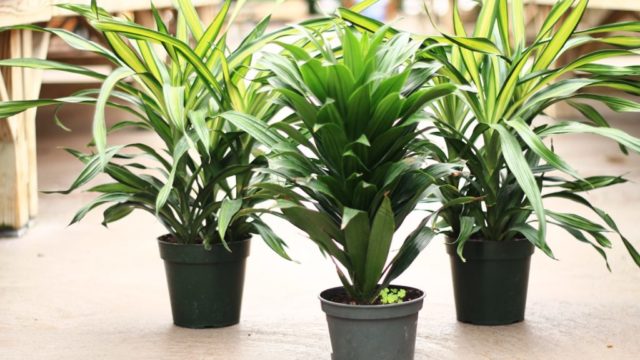
It is handy to have a list of plants that are safe for pets, but it is actually more important to know which plants are poisonous. These are the top six plants that are the MOST toxic to pets.
Whether you have cats or dogs (or even kids for that matter), these toxic plants should be off your list. Photos are a great way to identify a plant, but always go by the latin name on the label, that ensures that similar-looking plants do not get mixed up.
Sago Palm
The Sago Palm is really dangerous. In warmer climates (not here in NY, because, snow) these are found in backyards, but they are popular office and indoor plants too. Let these stay in your office and not in any location where there are pets. If you’re looking for a pet safe palm, see this post all about them. Cats take fancy to the fronds and dogs may like to chew on the woody root. Ingesting the Sago leads to hemorrhaging, liver damage, resulting in death. Name to look for: Cycas revoluta
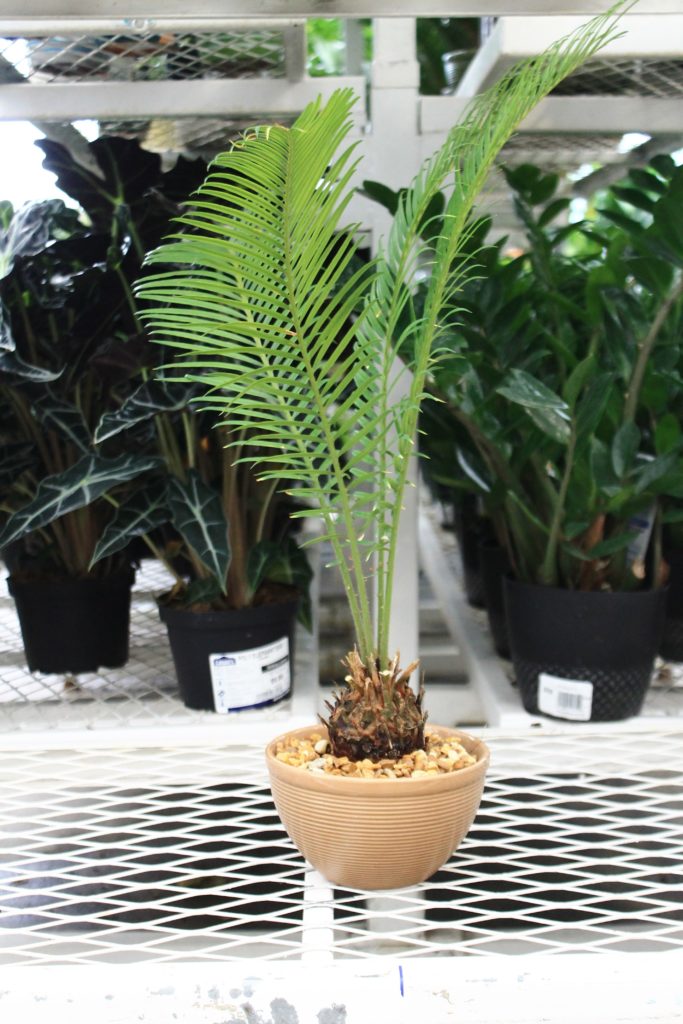
Lily
Typically appearing in spring as houseplants and in flower arrangements, Lilies are bad news. They are more toxic to cats than dogs, but either way should be avoided if you have one or the other. Peace lilies are toxic to both pets, Liliaceae lilies (the kind you get in bouquets and bundles from the florist) are primarily toxic to cats, and Calla lilies (the kind typically seen at funerals and in bouquets) are poisonous to both.
Ingestion leads to difficulty swallowing, breathing and can be fatal unless medical attention is immediate. The most common ER visit related to toxic plants is ingestion of some kind of lily. For me, I’m not a fan of them anyway, but having a home of curious cats, I do not invite anything in the Liliaceae family into my home.
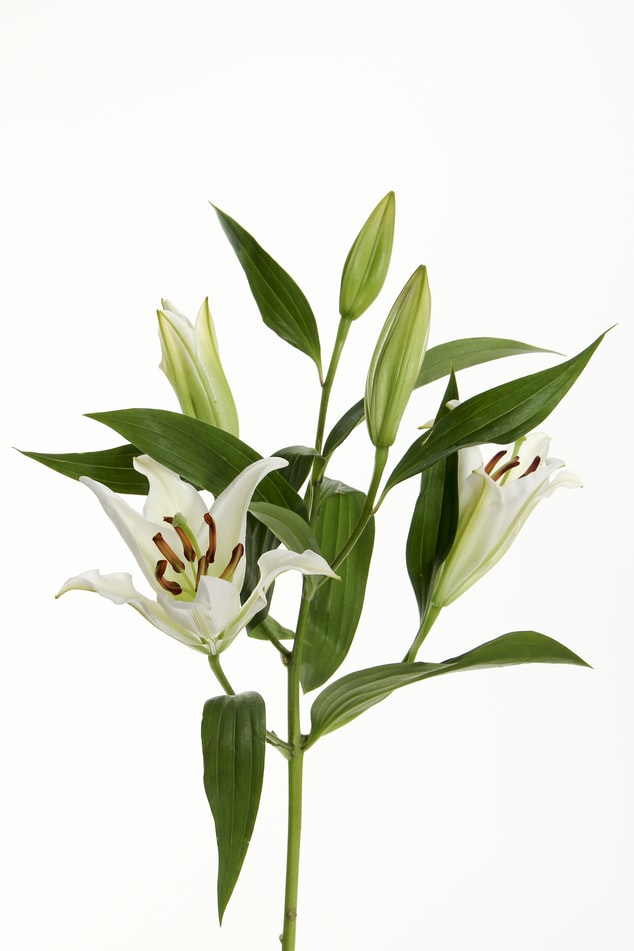
Asparagus Fern
I include the Aparagus Fern precisely because it is called a fern, even though it technically isn’t one. Most ferns are pet safe and lovely, but this one is not. It’s label name, Asparagus densiflorus cv sprengeri, is also called Plumosa Fern or Lace Fern, so I urge you check out the label. These are really pretty and delicious looking to your curious cat. Little do they know their toxicity can lead to stomach upset and vomiting, which doesn’t make it worth keeping around for its looks.
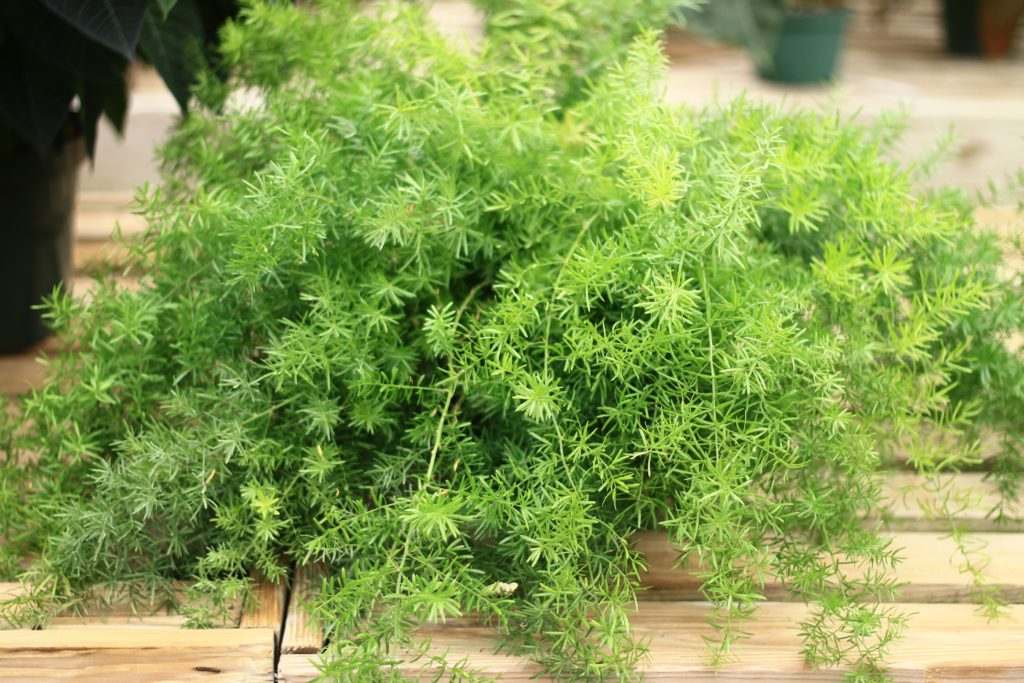
Cyclamen
Cyclamen come around the holidays and winter-time, at least in the Northeast. They make appearances as guest and party gifts for hosts. Unfortunately, they are toxic to pets and aren’t welcome in my house (I prefer wine anyway). If any part of this plant is consumed, symptoms are gastric upset and, if the roots are eaten, seizures and death. Nobody wants a sick pet for Christmas.

Dieffenbachia
Popular in doctor’s office and malls, Dieffenbachia or giant dumb cane, unfortunately make the toxic plant list. They grow quickly and look gorgeously prehistoric, but they can be poisonous for paws. If nibbled, dogs and cats may develop irritation of the mouth, leading to difficulty swallowing and vomiting. I guess we should just keep these in Dr. Krentist’s office instead.
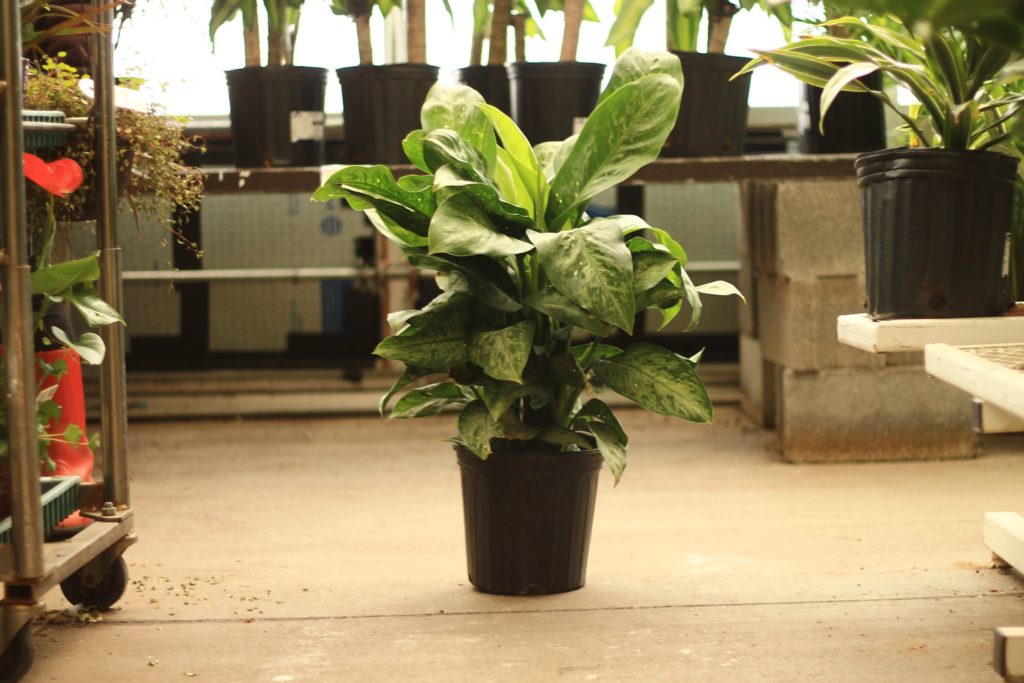
Dracaena
Most of the houseplants you can think of are Dracaena. This Von-Trap plant family includes indoor plant standbys: Janet Craig Dracaena, Lemon Lime, Corn Plant, Marginata or Dragon Plant, Reflexa (which looks like a spider plant), and Lucky Bamboo are all siblings. It is in this family I encourage label reading – anything labeled Dracaena is toxic to pets. They tend to be cat and dog magnets and if they are eaten can lead to a number of uncomfortable things such as vomiting, lethargy, and most likely a vet visit that could have been avoided.
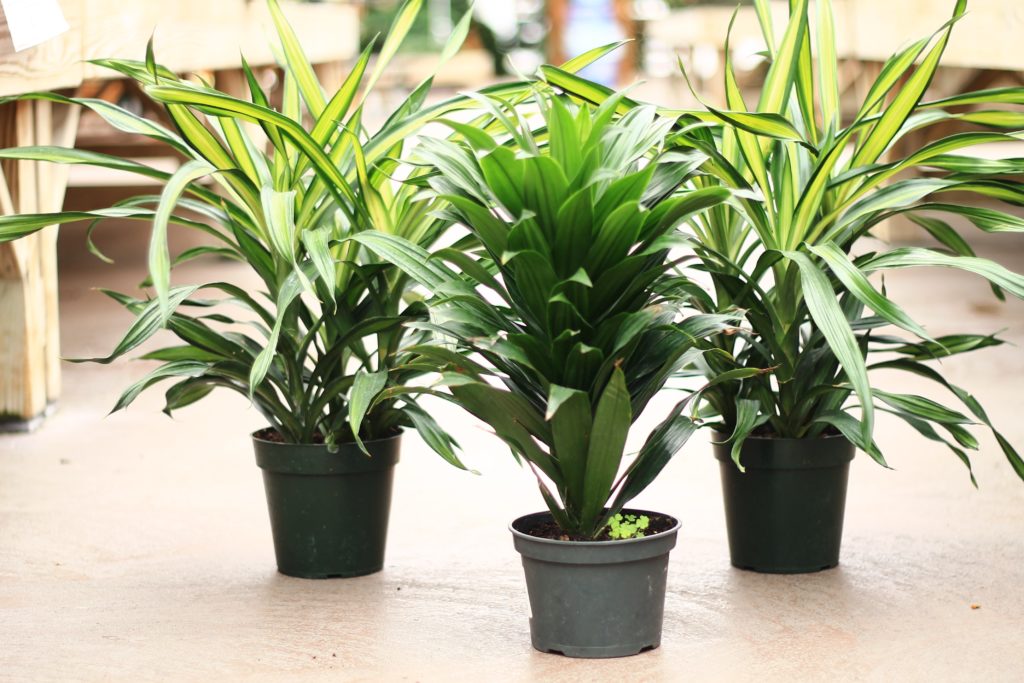

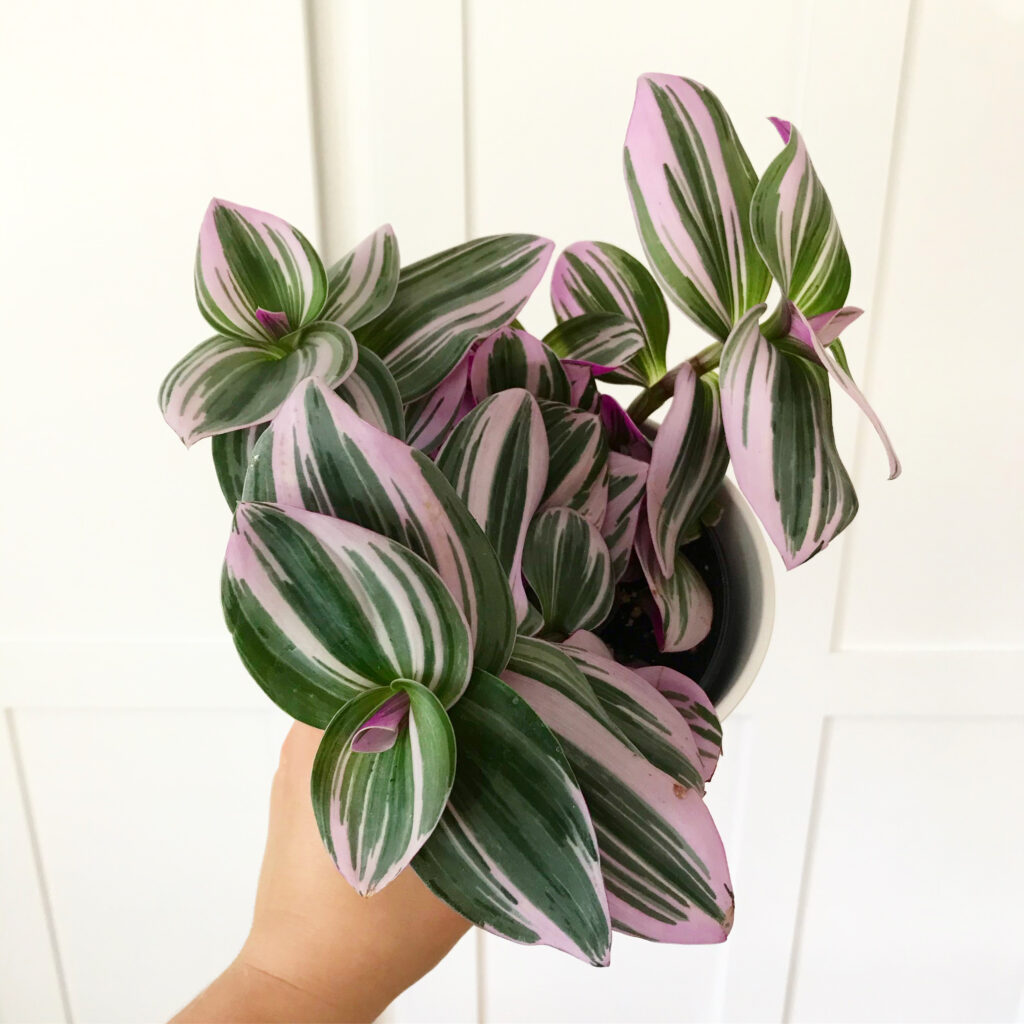
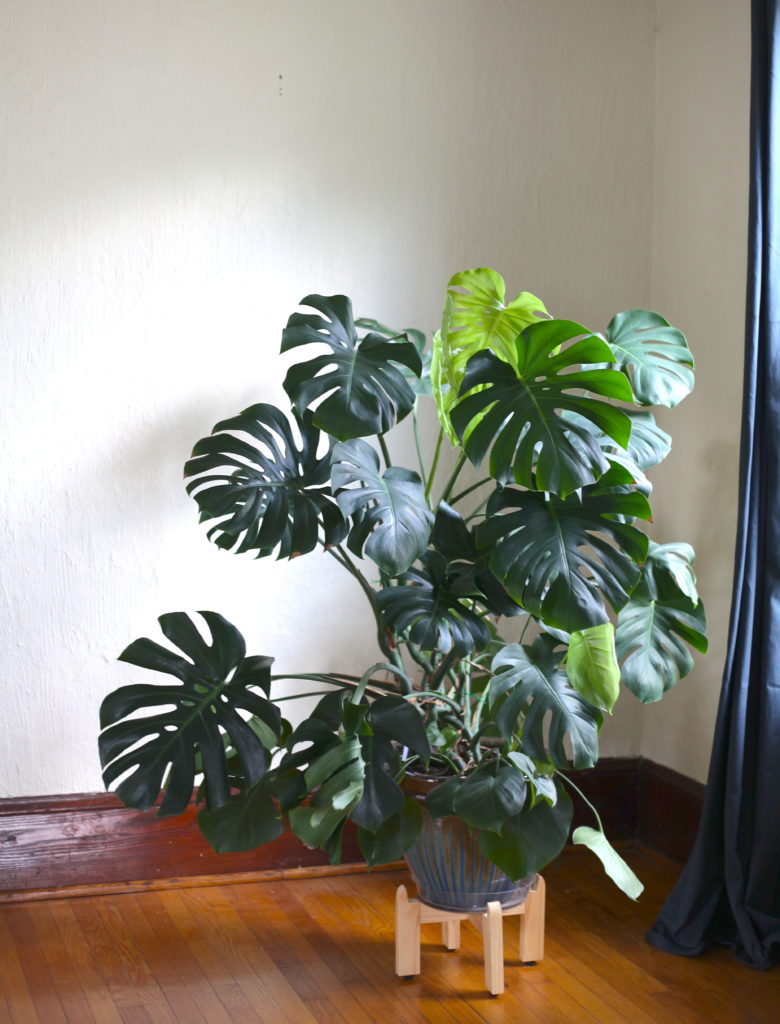
What some dog owners may not know is that there are some plants and flowers that are dangerous to our furry family members. It is better to do some research about our garden and plants to prevent dogs from getting poisoned. Also, train your dogs not to eat anything else. In the worst case, call your vet once your dog got poisoned.
Yes, great advice!